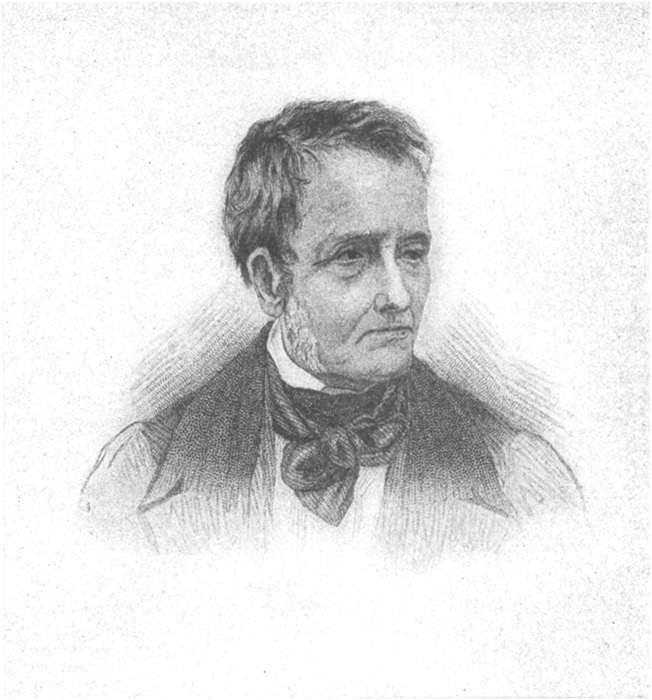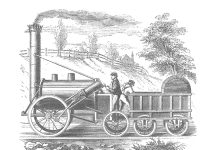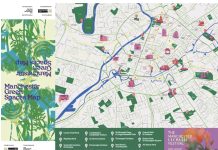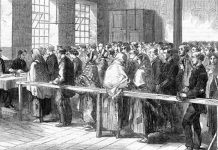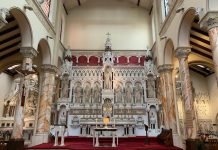Life for De Quincey was either angels ascending on vaults of cloud or vagrants shivering on the city streets.’ Thomas De Quincey – opium-eater, celebrity journalist, and professional doppelganger – is embedded in our culture
Now a new book is out this week by Frances Wilson which tells the riches-to-rags story of this Manchester born figure of dazzling complexity and dazzling originality.
Born in 1785 and raised in what was then the country house of Greenhays, his father a Manchester cloth merchant and his family name, that could be traced back to the Norman conquest, he spent the first eleven years of his life in Manchester.
Educated in private schools and quickly showed a gift for language in general. When he was about eight, it is said that he impressed a local bookseller by translating a book of a Latin-language copy of the Bible into English at sight,
His father died in 1793 and the family soon after moved to Bath, but he would return to the town in 1800 to be educated at the Grammar school only to flee two years later roaming around North Wales and then spending four months penniless and hungry on the streets of London where he formed a friendship with a young prostitute named Ann, who made a lasting impression on him.
He was reconciled with his family entering Worcester College, Oxford, where he conceived the ambition of becoming “the intellectual benefactor of mankind.”
While there he took his first opium to relieve the pain of facial neuralgia and would become an opium addict keeping a decanter of laudanum by his elbow and steadily increasing the dose, he remained an addict for the rest of his life.
It is opium that he is best remembered, his Confessions of an Opium eater first appearing in a London magazine in 1821, and in book form a year later, its main purpose being to warn the reader of the dangers of addiction but it charts his autobiographical account of his descent into addiction as well as the euphoric experiences using the drug.
But if Opium is chiefly what we remembered for today, it obscures the fact that at the time he was considered one of the greatest prose stylists of the English Romantic era, as well as his poetry, friends with Wordsworth and Coleridge, he rented Dove cottage off the former,he penned a widely read series of biographies of writers, with subjects ranging from Roman emperors to the Romantic poets he personally knew.
Opium was to continue to play a huge part in his life.He had married married Margaret Simpson, the daughter of a farmer in Grasmere and they eventually had eight children.
Margaret died in 1837, he had also lost two sons and his opium ‘eating’ increased bringing debt to the household, a situation only resolved when his eldest daughter took charge of the family finances.
He died in Edinburgh in 1859, where he had spent the last two decades of his life with a reputation as one of Britain’s greatest writers fully restored
Guilty Thing: A Life of Thomas De Quincey by Frances Wilson is out on the 7th April

